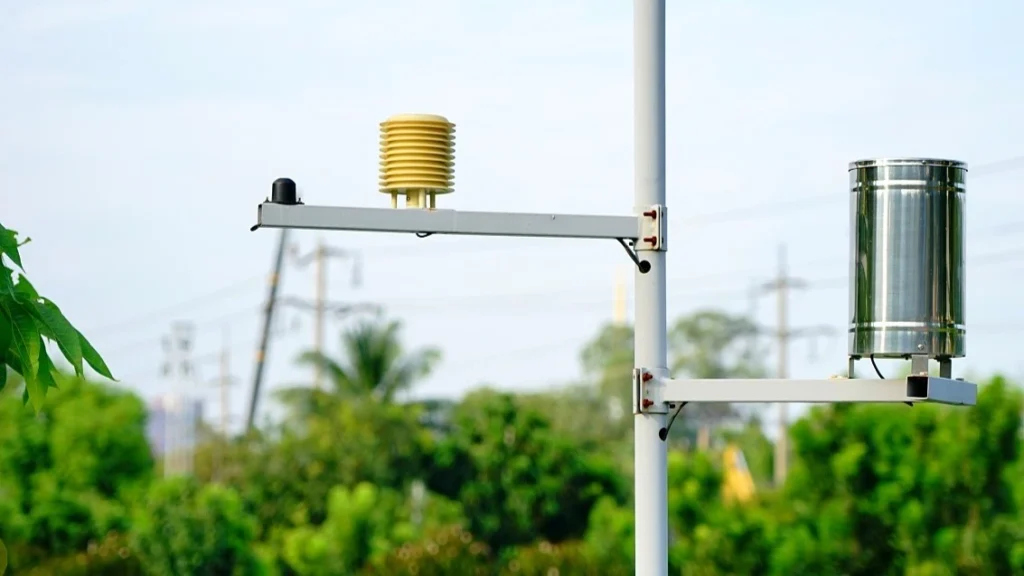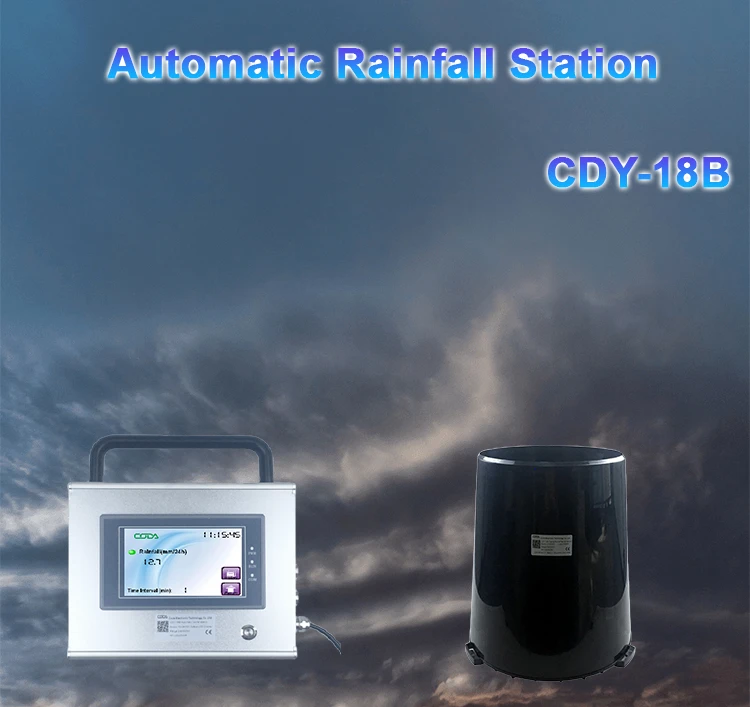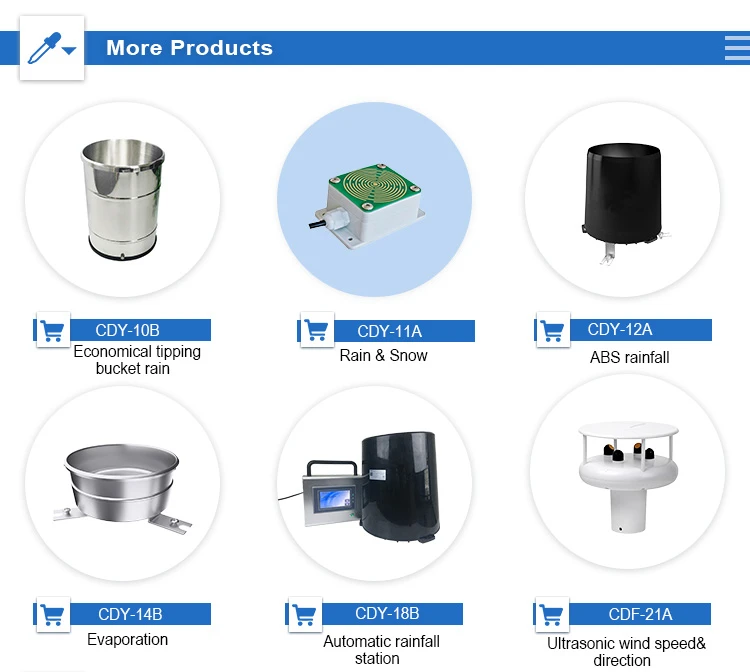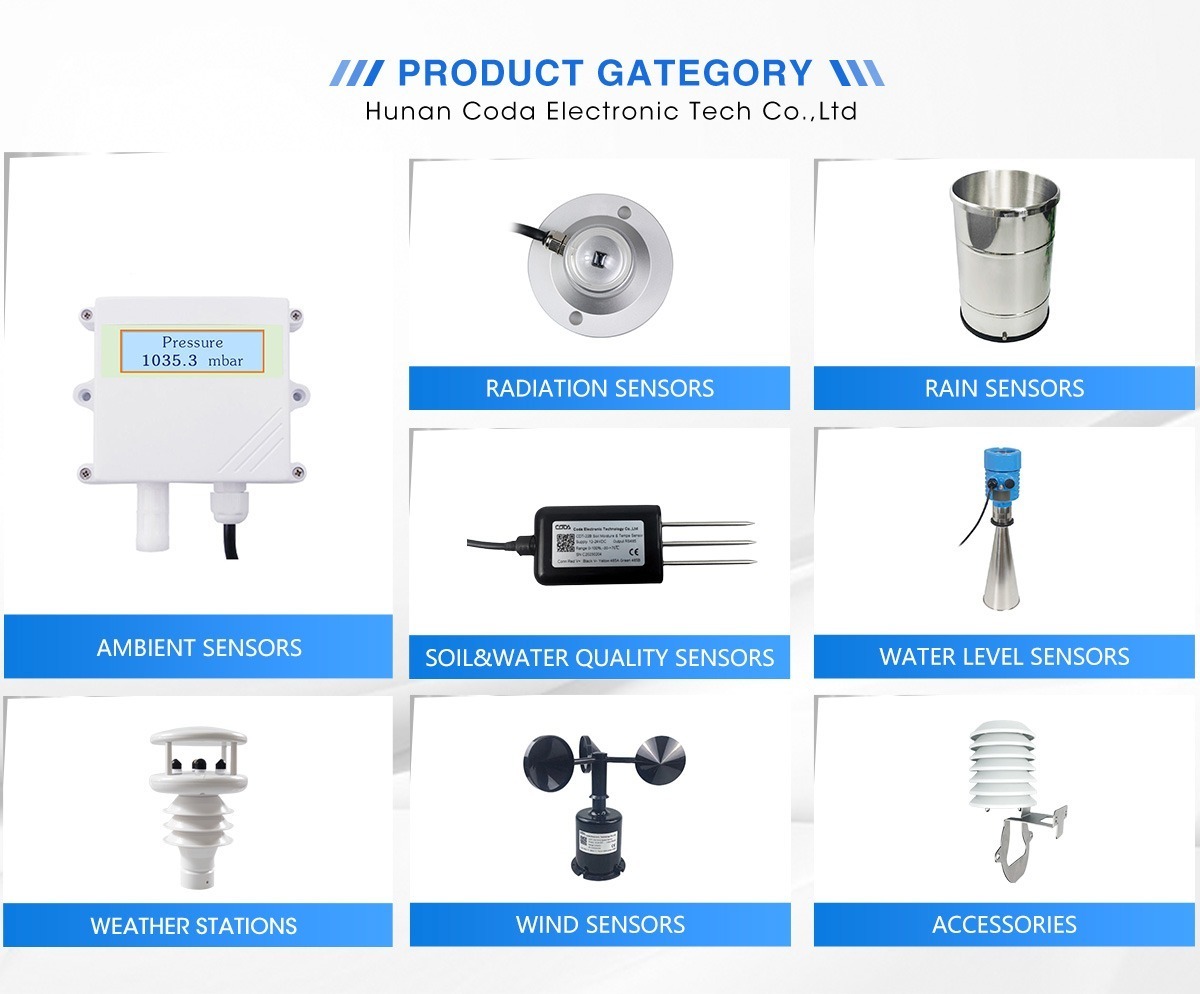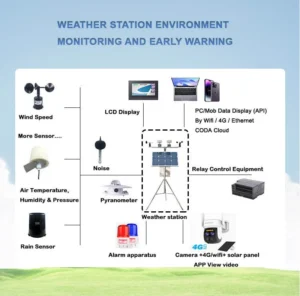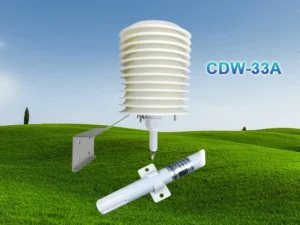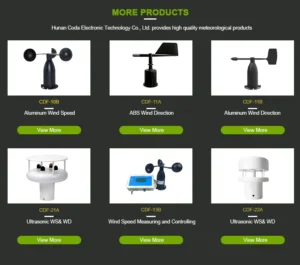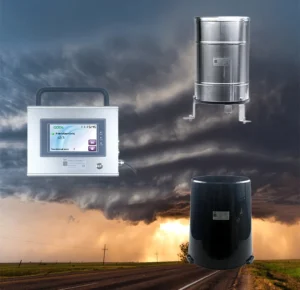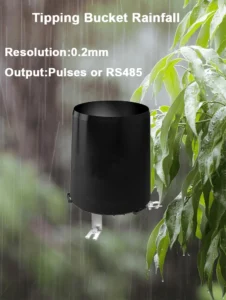The Significance of Rainfall Weather Stations
Rainfall monitoring stations are important in many fields. These fields include meteorology, hydrology, agriculture, and urban development. Here are the key details about Rainfall Weather Stations:
Meteorological Research and Forecasting
Accurate Data Collection:
Rainfall measurements are important for understanding weather patterns. They give reliable data on how much it rains. By studying long-term rainfall trends, meteorologists can find out when rainy seasons start and end.
They can track how often it rains and how heavy the rain is. This helps them see bigger weather trends. This information is useful for making accurate weather forecasts, especially for local and short-term predictions.
Model Validation:
Data from rainfall monitoring stations are important for improving weather models. These models show how the atmosphere works to predict weather. Accurate rainfall data helps to adjust these models. This makes them more reliable and useful for planning and responding to weather events.
Hydrological Monitoring and Water Resource Management
Streamflow Prediction:
Rainfall is an important factor that affects streamflow and river behavior. When combined with other water data, rainfall records help predict water levels in rivers and streams. This is crucial for flood prediction systems. It allows authorities to give timely warnings and take steps to reduce risks to people and buildings.
Groundwater Recharge Assessment:
Understanding rainfall patterns and amounts is important for checking groundwater levels. Enough recharge helps keep water tables stable. This supports a steady supply of freshwater for drinking, irrigation, and healthy ecosystems.
Agricultural Applications
Irrigation Scheduling:
Farmers depend on rainfall data to know when and how much to water their crops. Understanding natural rainfall helps them change their irrigation methods. This prevents over-watering and under-watering, which can hurt crop growth. As a result, farmers use water more wisely and waste less in their farming.
Crop Selection and Planning:
Historical rainfall patterns are important for choosing the right crops for different areas. Crops need different amounts of water. By knowing local rainfall conditions, farmers can pick crops that match the available water. This helps increase the chances of a good harvest.
Urban Planning and Infrastructure Design
Drainage System Design:
Rainfall data is important for building good drainage systems in cities. By studying how much and how often it rains, engineers can size stormwater drains, gutters, and retention ponds properly.
This helps manage heavy rain runoff. Good drainage systems reduce the risk of flooding in cities. They protect buildings, roads, and keep people safe.
Building and Infrastructure Resilience:
Rainfall patterns affect how we design buildings and infrastructure to handle water-related issues.
– Design roof slopes to help rainwater flow off.
– Waterproof basements.
– Raise important infrastructure above flood areas. These steps improve durability and strength against possible water damage.
